Kruja: the jewel of Albania where history and culture come alive at every turn
Kruja, a historic town located on the slopes of the Sarisalltikut mountain, only 33 kilometers north of Tirana, is an essential destination for anyone who wants to get to know the soul of the Albanian people. Known as the birthplace of an Albanian hero, Kruja exudes historical significance and a traditional atmosphere.

Kruja, Photo: Adria.fun
Historical records first mention it in the 9th century, and during the Middle Ages, it became a key stronghold of the Albanian army. However, it gained its greatest importance in the 15th century when it became the center of resistance against the Ottoman Empire. Gjergj Kastrioti Skanderbeg was kidnapped by the Ottomans as a young man. He received education and training at the Ottoman court, where he served as duke. After the battle near Niš, he returned to Kruja in 1443 and made it a symbol of resistance.
Having defended the city through great Ottoman sieges, Kruja became a symbol of Albanian unity and the fight for freedom. Skanderbeg’s success is still deeply rooted in Albanians’ national consciousness, and this city is considered the heart of that history.

Skanderbeg, Photo: Adria.fun
The first and most important landmark in the city is the Kruja Castle, which rises above the town, offering a wonderful view of the entire town and the surrounding mountains. In the 15th century, the castle was a key point of the Albanian resistance under Skanderbeg’s leadership, and the Skanderbeg Museum is located within its walls.
This museum details Skanderbeg’s fight against the Ottomans through numerous exhibits, including a replica of Skanderbeg’s famous helmet with its distinctive horn, weapons, armor, and historical documents that tell of the heroic battles of the time. It will definitely give you an insight into the importance of Skanderbeg himself for the Albanian identity.

Helmet, Skanderbeg Museum, Photo: Adria.fun
Not far from the castle, there is another cultural treasure of the city – Kruja Baazar. This market, one of the oldest in Albania, dates back to the 17th century and has retained its authentic appearance. To walk through this bazaar is to step into the past – wooden stalls, cobblestone streets, and local merchants selling handmade items provide an experience rarely felt anywhere else. At the market, you can find many authentic Albanian products, such as carpets, copper items, hand-embroidered tablecloths, and traditional souvenirs, while the smells of local spices, olive oil, and the sounds of merchants take you back to ancient times.
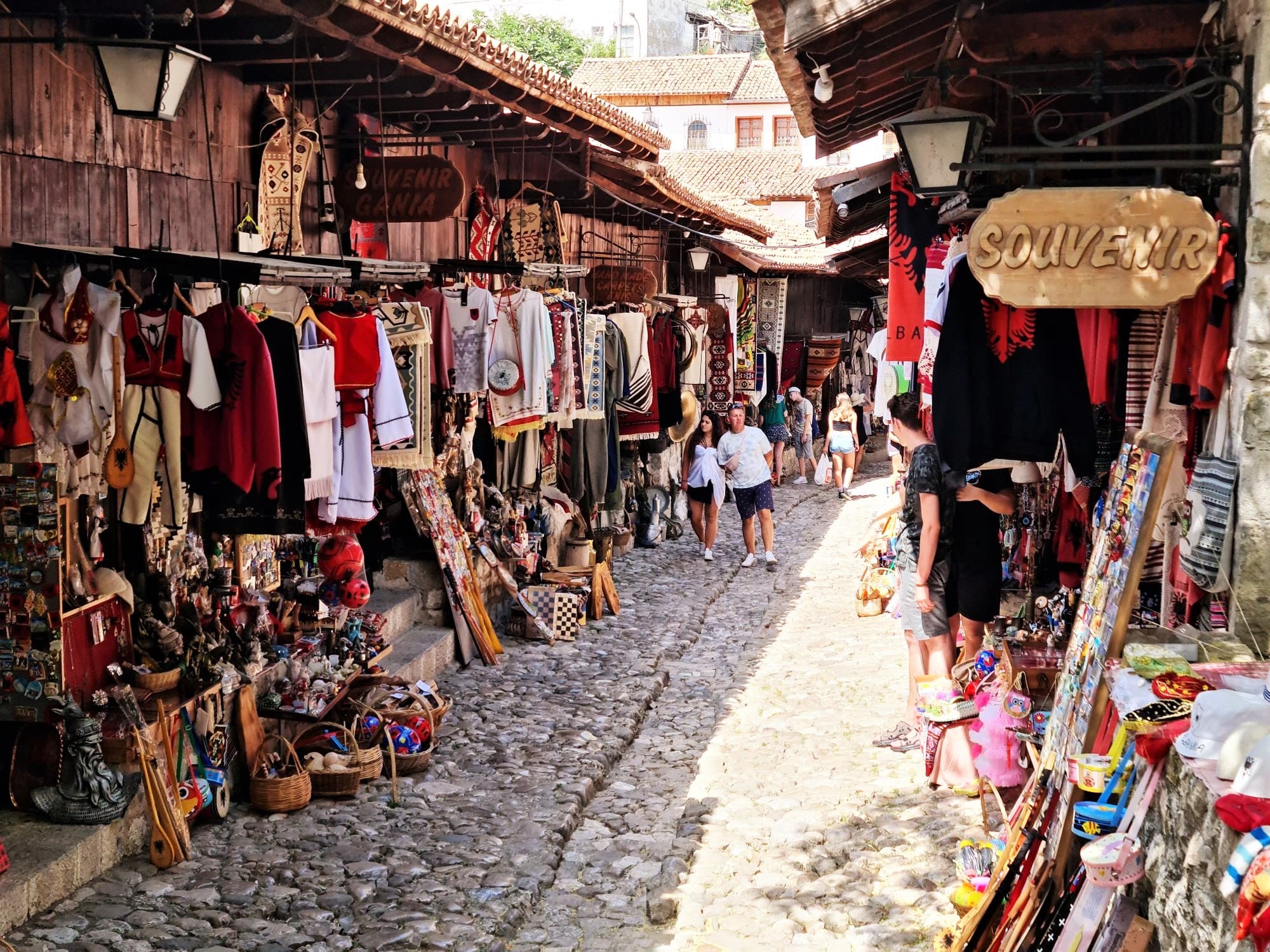
Kruja baazar, Photo: Adria.fun
However, Kruja is not only a historical destination but also a place that combines culture and nature in a unique experience.
In addition to historical monuments, Kruja also offers the opportunity to explore Albanian tradition through the Ethnographic Museum, which is located in an authentic house from the 19th century owned by the wealthy Toptani dynasty, where you can find out how the inhabitants of this city lived throughout history, with a display of everyday objects, tools, and handicraft.
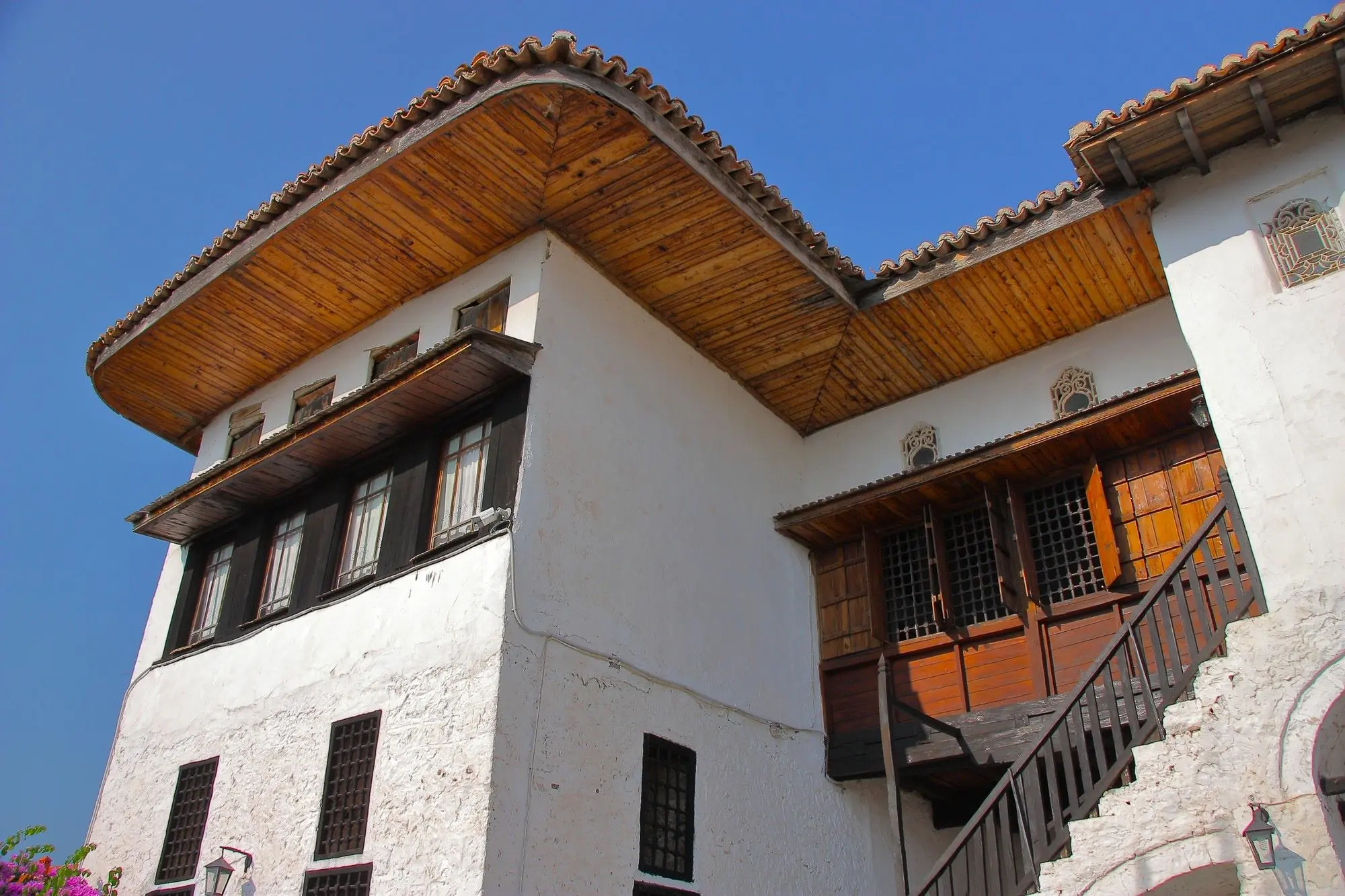
Kruja Ethnographic Museum, Photo: PhotoStudioDarek, Depositphotos
Nature lovers can also enjoy the Qafështama park, which is located near the city. This park offers incredible natural beauty, from mountain trails to fresh drinking water springs, and is the perfect place for hiking and a peaceful nature escape. The park is also known for its interesting lush vegetation, which makes it an ideal vacation for body and soul.
There are also the Zezë canyon and the Droja canyon.
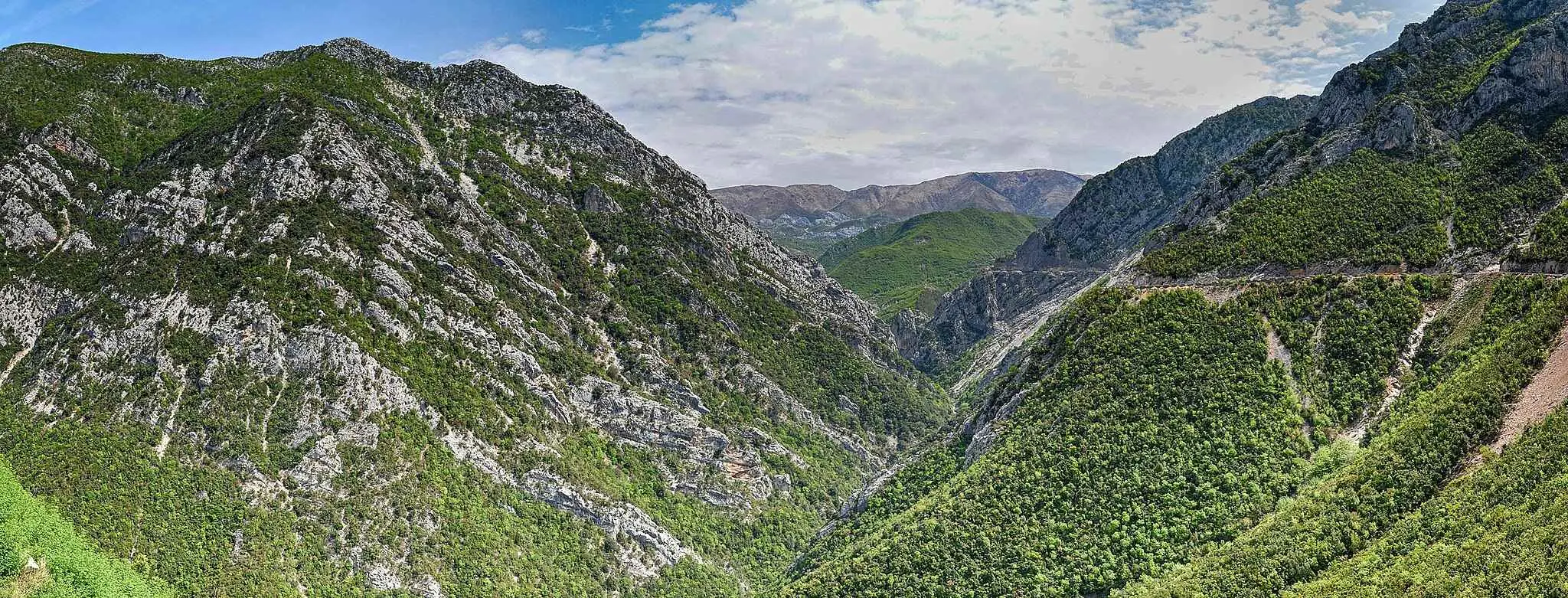
Qafështama, Photo: Pasztilla aka Attila Terbócs, CC BY-SA 4.0
Every street, every monument, and every corner of this city tells its own story, and every visitor has the opportunity to feel a part of this rich heritage. If you are looking for a place where you can feel the authenticity, learn about the heroes of the past, and enjoy the natural beauty, then Kruja is the perfect destination for you. Visit this historical jewel of Albania and discover the stories that shaped the Albanian people.

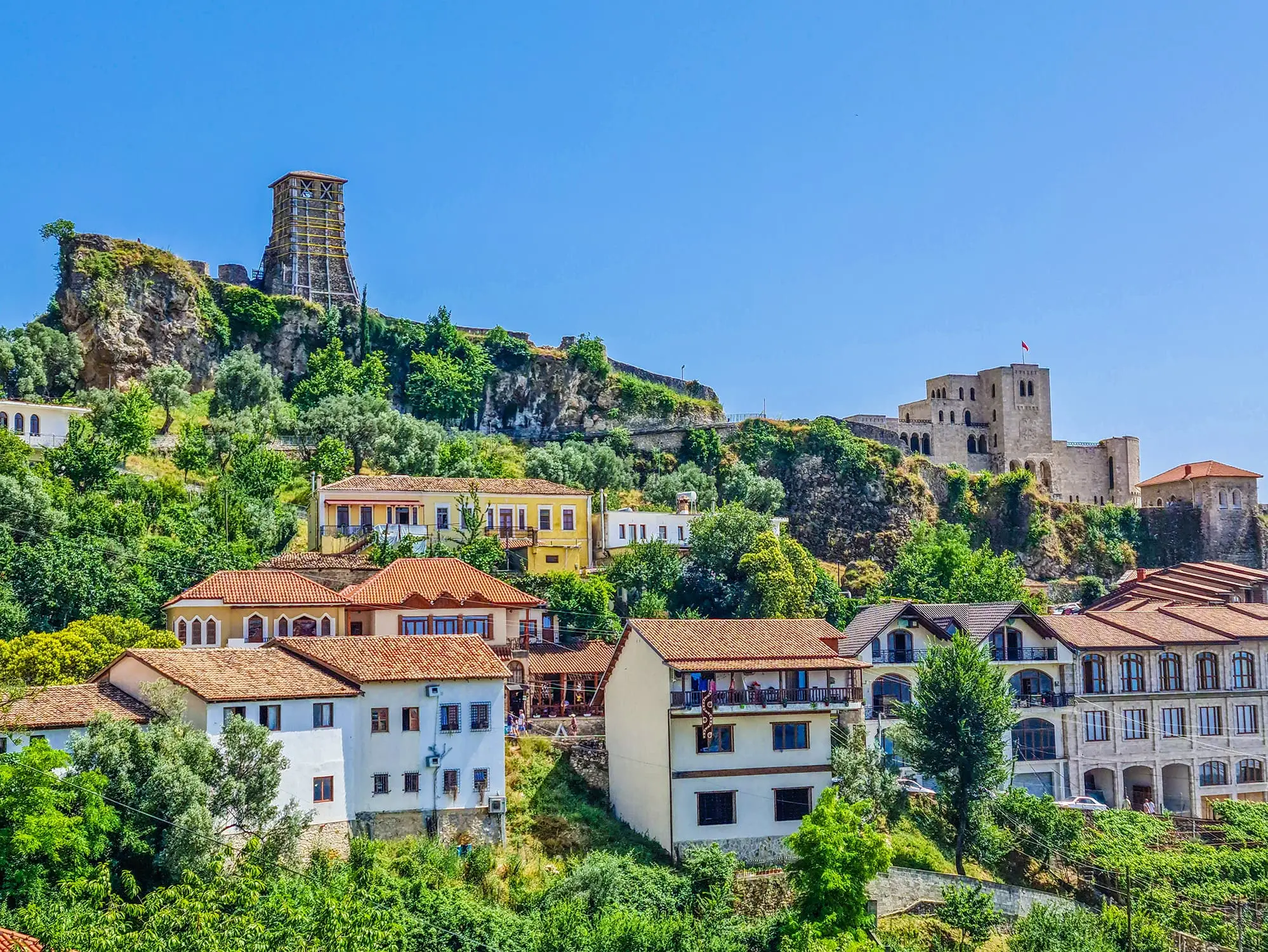
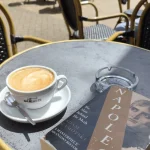
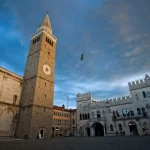
Leave a Reply